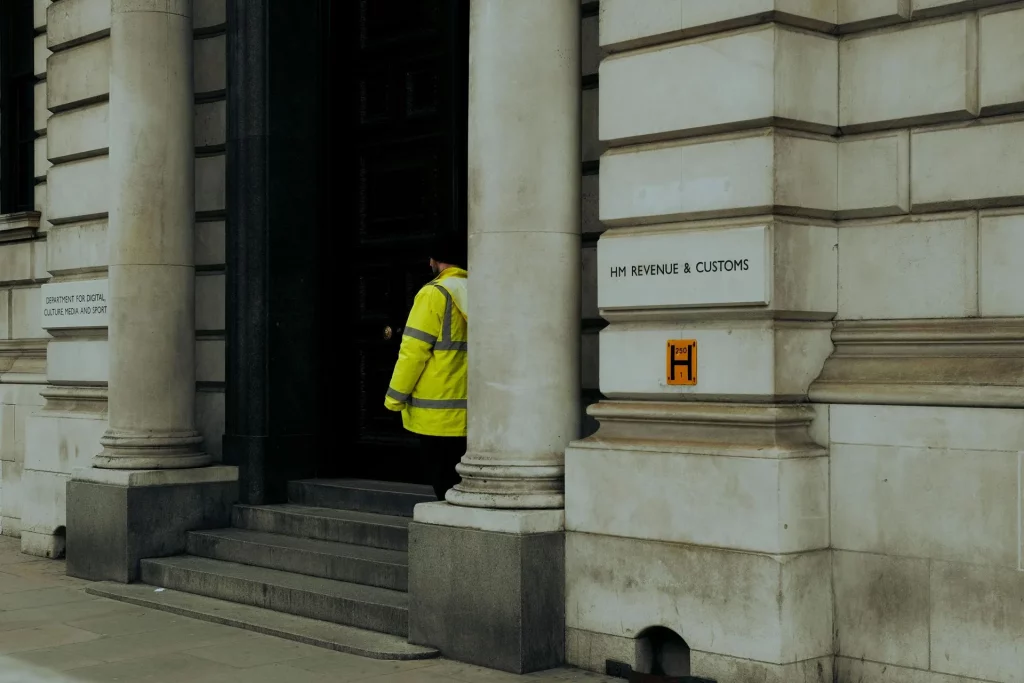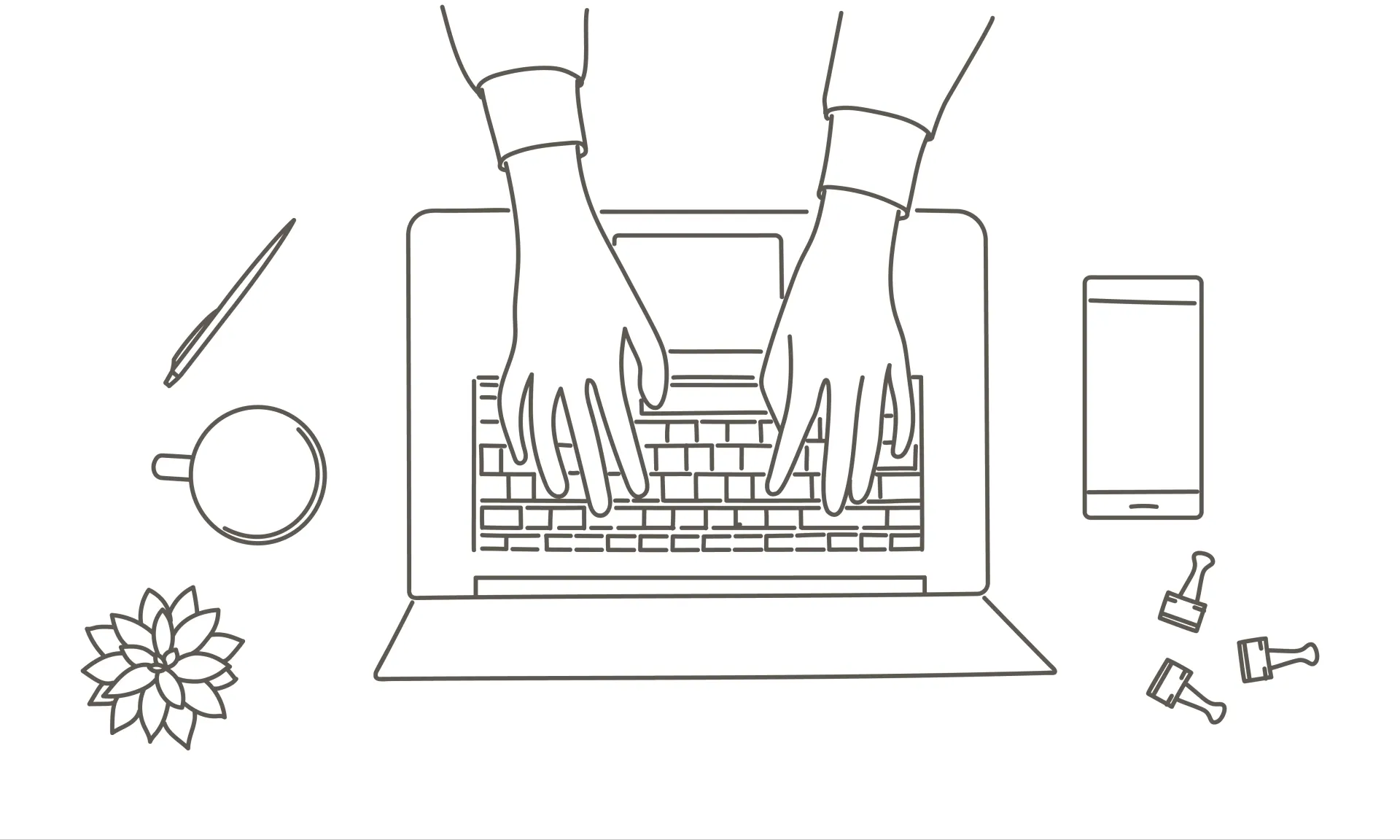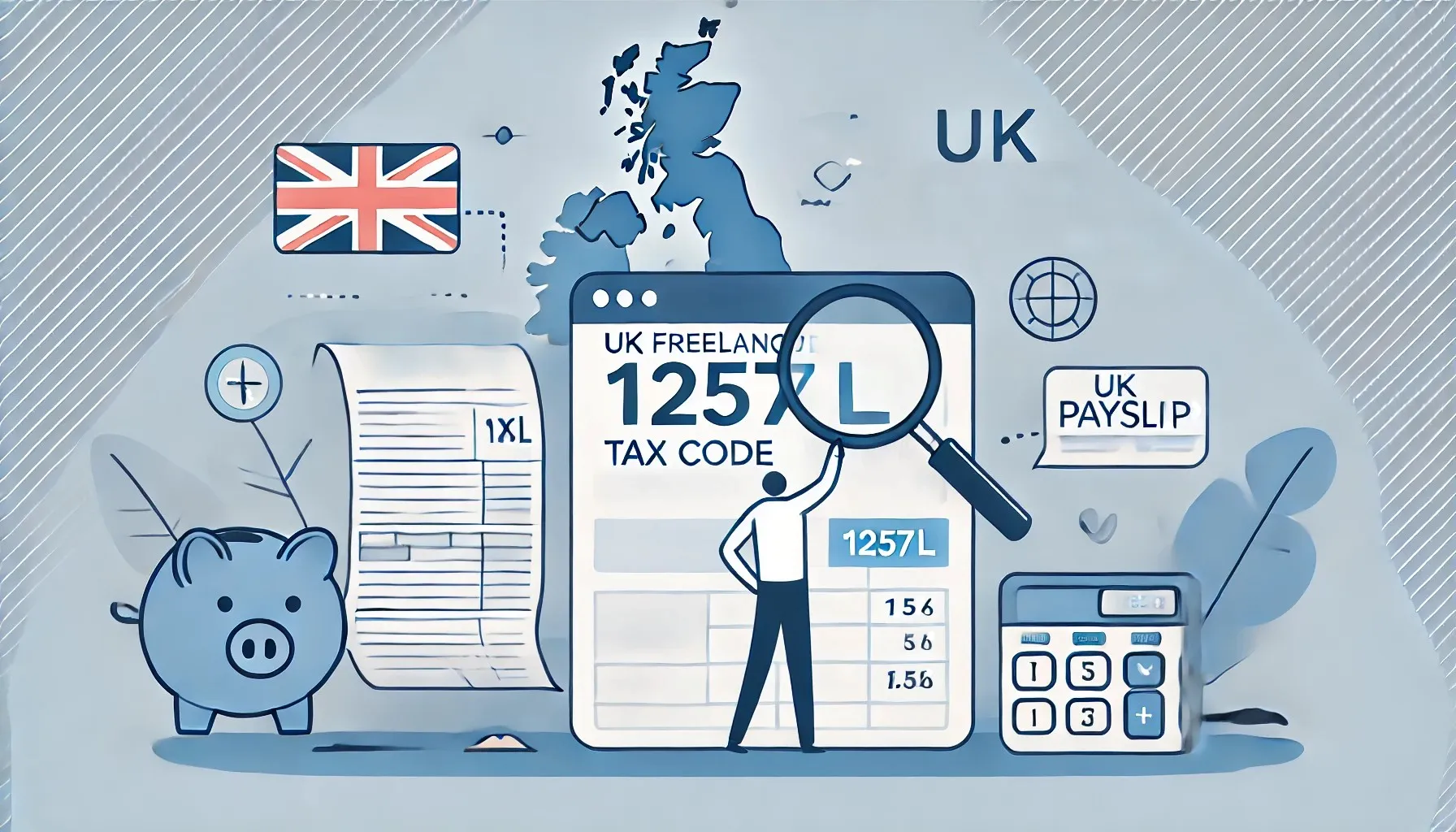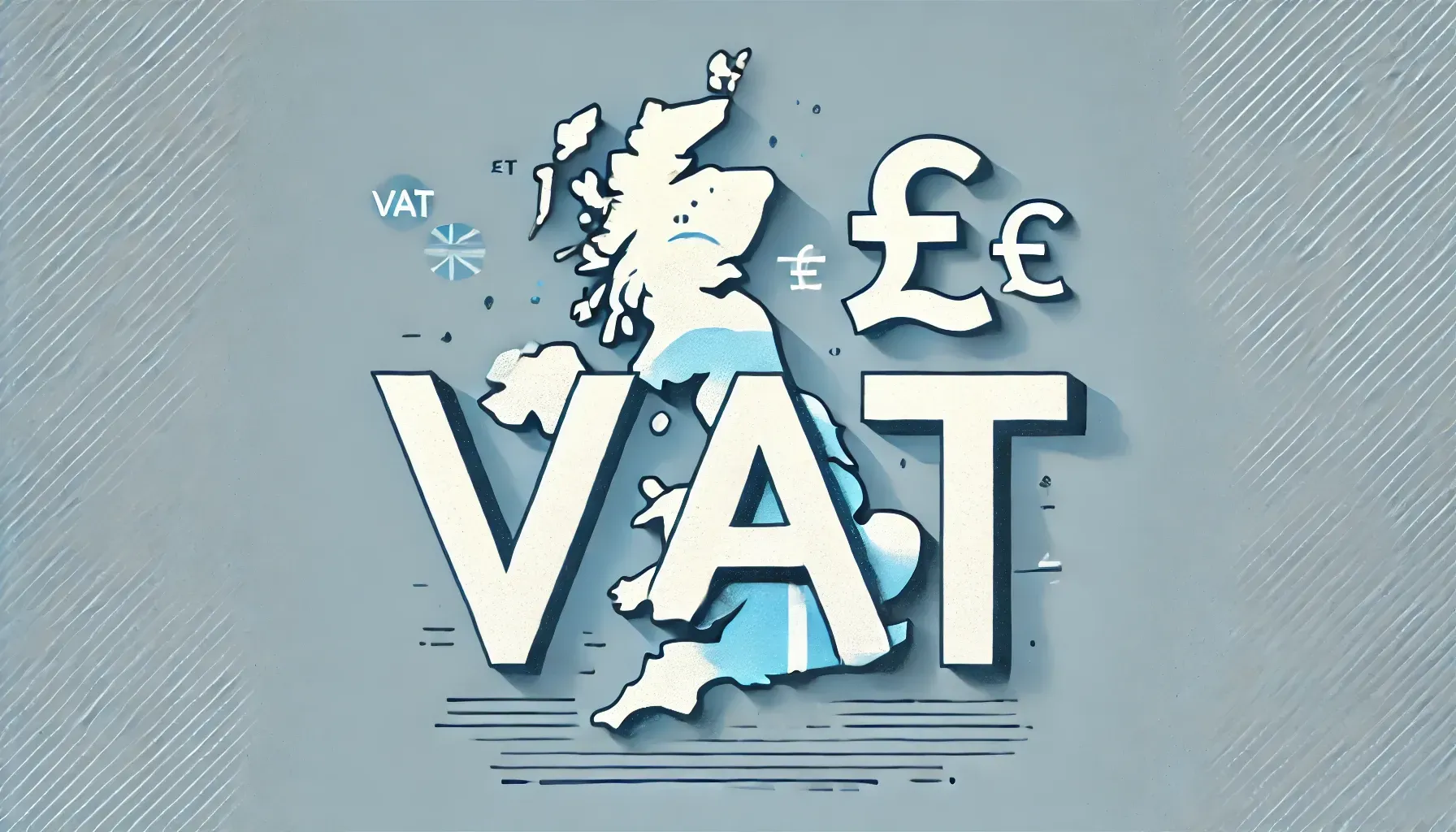Think You’re on the Right Tax Code? Think Again
- 05 May 2025

Discover what the 1257L tax code really means for your pay
Tax codes play a vital role in the UK’s tax system, determining how much Income Tax is deducted from your wages or salary before it reaches your bank account. While they may seem like a confusing mix of numbers and letters, every element of a tax code has a specific purpose and understanding yours is key to managing your income effectively.
One of the most frequently used tax codes is 1257L. If you’ve spotted this code on your payslip or tax documents and are unsure what it means, SBX Accountants is here to help clarify how it affects your take-home pay and when you might need to take action.
What Does the 1257L Tax Code Mean?
The 1257L tax code is currently the standard code for most employees in the UK. It reflects your entitlement to the Personal Allowance, the amount of income you can earn before paying Income Tax.
“1257” indicates a tax-free allowance of £12,570 per year (1257 × 10).
The “L” denotes that you’re entitled to the standard tax-free allowance with no deductions for benefits or previous underpayments.
Your employer or pension provider uses this code to calculate how much tax to deduct through PAYE (Pay As You Earn), helping ensure the correct amount of tax is collected throughout the year.

Who Typically Receives the 1257L Tax Code?
Most people employed in a single job and without taxable benefits (like a company car or private healthcare) are issued this code. You’re likely to have 1257L if:
- Your total income is below the higher-rate threshold (£50,270)
- You don’t have any tax liabilities carried over from previous years
- You’re not receiving taxable benefits or second sources of income (like rental or investment income)
- You’re working in just one job
If you’re self-employed, you won’t have a tax code; your tax is calculated through Self Assessment instead.
How 1257L Affects Your Take-Home Pay
With the 1257L tax code, your first £12,570 of income each year is completely tax-free. Any income beyond this is taxed at the standard rates:
- 20% on income between £12,571 and £50,270 (Basic Rate)
- 40% between £50,271 and £125,140 (Higher Rate)
- 45% on income above £125,140 (Additional Rate)
Example: If you earn £30,000, the tax is calculated like this:
- £12,570 – tax-free
- £17,430 taxed at 20% = £3,486 Income Tax
In addition, you’ll also pay National Insurance Contributions (NICs), which are separate from Income Tax. On a £30,000 salary, NICs would typically be around £1,394, leaving you with an estimated take-home pay of £25,120 per year.
When and Why Your Tax Code Might Change
Your tax code isn’t fixed. HMRC can adjust it throughout the year based on changes in your financial situation, such as:
- Starting a new job or a second job
- Receiving taxable employee benefits (e.g. a company car)
- Changes to your Personal Allowance, based on government policy
- Underpaid or overpaid tax from previous years
- Earning additional income from pensions, investments, or rental properties
At SBX Accountants, we regularly help clients stay ahead of these changes by monitoring their tax position and contacting HMRC on their behalf when needed.
How to Check or Correct Your Tax Code
It’s important to verify your tax code if you suspect something’s off. You can find it on:
- Your payslip
- Your P60 (issued at the end of the tax year)
- Your P45 (when you leave a job)
- HMRC’s online Personal Tax Account
If the tax code looks wrong or doesn’t reflect your circumstances, SBX Accountants can help you:
- Review your tax position
- Contact HMRC to correct the code
- Ensure your PAYE deductions are accurate and you’re not overpaying
Common Misunderstandings About 1257L
Does 1257L mean you don’t pay any tax?
Not exactly. It means the first £12,570 of your income is tax-free – but any income beyond that is still subject to tax based on the usual bands.
Do I need to pay extra tax if I have this code?
Generally, no – if your tax code is applied correctly and you only have one source of income. However, additional jobs or income (like rental earnings) may not be taxed correctly through PAYE, leading to underpayment.
Can I have 1257L for two jobs?
Typically, your Personal Allowance is applied to one job only – your main source of income. A second job would usually be taxed using a different code like BR (Basic Rate), meaning all income is taxed at 20%.
Need Help with Your Tax Code
At SBX Accountants, we specialise in helping individuals and businesses across the UK make sense of their tax responsibilities. If you’re unsure whether your tax code is accurate or you’re worried about overpaying or underpaying, we’re here to help:
Verify your current tax code
Identify any discrepancies or issues
Liaise with HMRC to get your records corrected
Ensure you’re compliant while maximising your income
💼 Don’t leave your tax position to chance. Contact SBX Accountants today for expert advice tailored to your financial situation.





